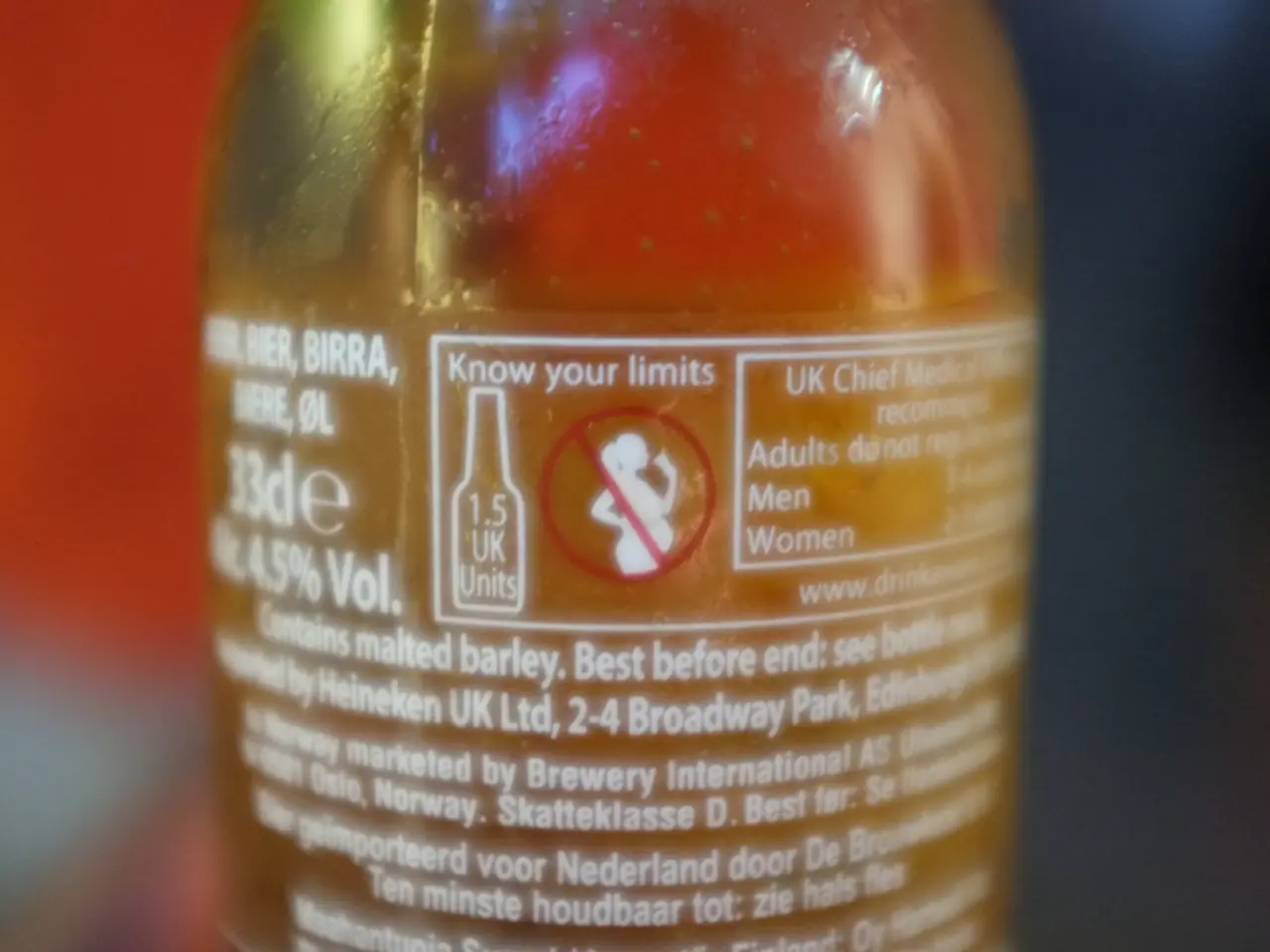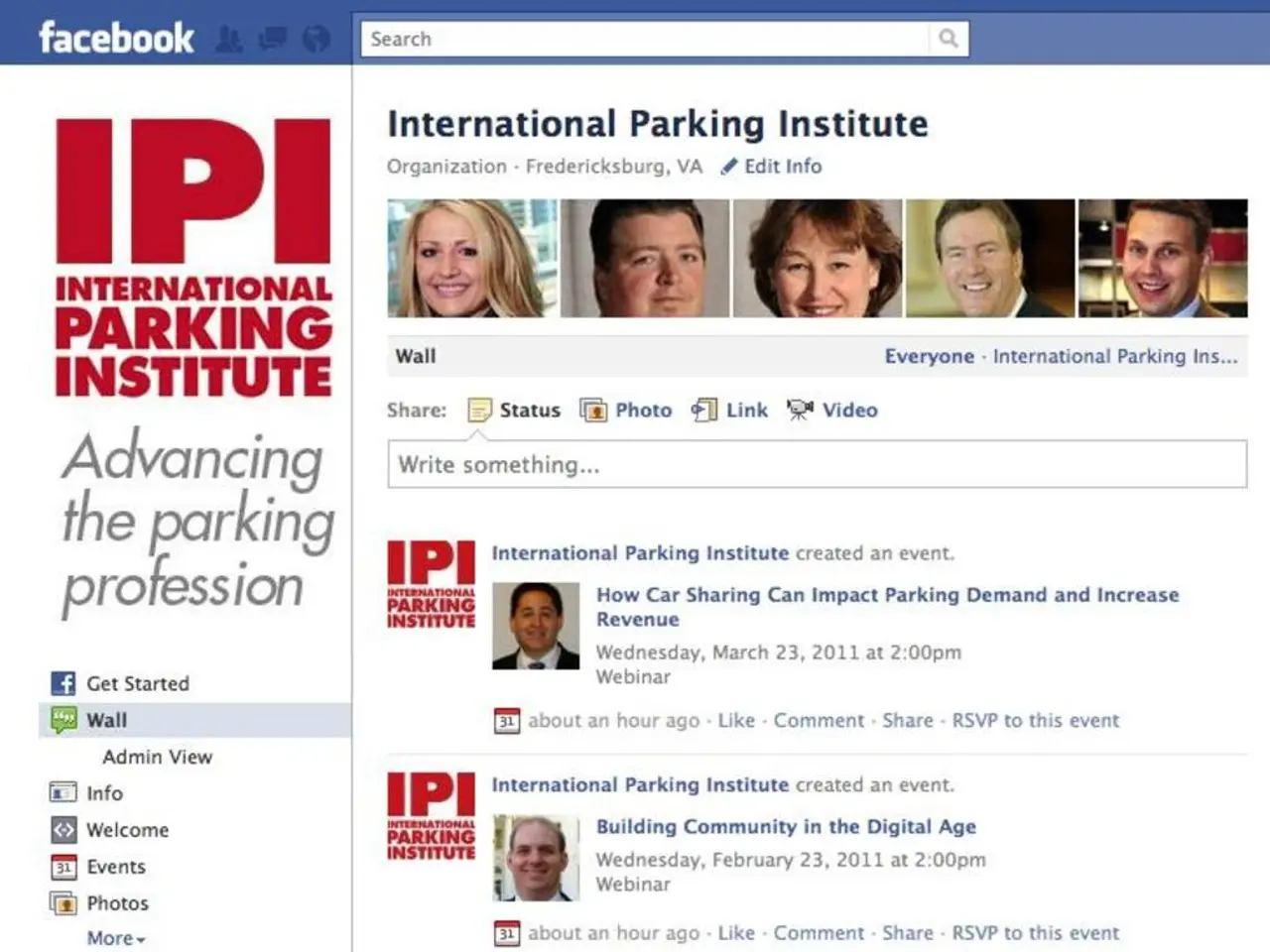Prescribed remedies for social anxiety: Identifying the most suitable medication for you.
Social anxiety disorder, a condition that causes excessive fear and worry in social interactions, affects over 15 million adults in the United States, according to the Anxiety and Depression Association of America (ADAA). This article explores various treatment options available, focusing on antianxiety drugs, antidepressants, and beta-blockers, as well as cognitive behavioral therapy (CBT).
Antianxiety drugs, antidepressants, and beta-blockers can help people manage the symptoms of social anxiety disorder and prevent severe complications. Selective Serotonin Reuptake Inhibitors (SSRIs) are the first choice of medication for treating social anxiety disorder due to their safety and effectiveness. Examples of SSRIs include fluoxetine (Prozac, Sarafem), sertraline (Zoloft), paroxetine (Paxil, Paxil CR), citalopram (Celexa), and escitalopram (Lexapro).
SSRIs work by blocking the serotonin transporter (SERT) from reabsorbing serotonin released by serotonergic neurons, which helps relieve a person's anxiety by increasing serotonin levels to stimulate the receptors in the brain for longer periods. Common side effects of SSRIs include nausea, headache, diarrhea, sleep changes, sexual dysfunction, and weight changes. These side effects often improve as the body adjusts to the medication.
Serotonin-norepinephrine reuptake inhibitors (SNRIs) are another type of antidepressant that can treat social anxiety disorder. Examples include desvenlafaxine (Pristiq, Khedezla), venlafaxine (Effexor, Effexor XR), duloxetine (Cymbalta), and levomilnacipran (Fetzima).
Monoamine oxidase inhibitors (MAOIs) are a type of medication that can treat social anxiety disorder when other medications are ineffective. Examples include phenelzine (Nardil), tranylcypromine (Parnate), and isocarboxazid (Marplan).
Beta-blockers are sometimes used as a first-line treatment for the performance anxiety type of social anxiety disorder. They work by easing symptoms such as stage fright, shaking, sweating, and rapid heartbeat by blocking the release of stress hormones adrenaline and noradrenaline. Potential side effects of beta-blockers include slow heart rate, low blood pressure, constipation, erectile dysfunction, memory loss, cold hands and feet, difficulty sleeping, depression, and slow heart rate.
Cognitive behavioral therapy (CBT) is one of the most effective types of therapy for social anxiety disorder and aims to help people identify, examine, and change social anxiety triggers. In a study of 101 studies that involved 41 different treatment approaches, including psychotherapy, medications, and self-help, researchers found that CBT offered more significant benefits to people with social anxiety than other treatment options.
Benzodiazepines are a class of antianxiety medications that enhance the action of the neurotransmitter gamma-aminobutyric acid (GABA) and are available in oral tablet form. They should be used with caution due to potential side effects such as drowsiness, fatigue, slurred speech, mood changes, blurred vision, loss of balance, and drowsiness.
It is essential to communicate any bothersome or severe side effects to healthcare providers, as dosages or medication choice can often be adjusted to improve tolerability. Medical professionals may use methods like genetic testing to identify the SSRI most likely to be well tolerated by a patient.
In summary, understanding the available treatment options for social anxiety disorder, including antianxiety drugs, antidepressants, beta-blockers, and CBT, can empower individuals to seek the help they need and improve their quality of life.
The article highlights the use of antianxiety drugs, such as SSRIs and benzodiazepines, and antidepressants, like SNRIs and MAOIs, in managing the symptoms of social anxiety disorder. These medications work by increasing serotonin levels, easing symptoms, or enhancing the action of GABA, respectively.
Cognitive behavioral therapy (CBT) is a vital treatment option for social anxiety disorder, helping individuals identify, examine, and change their social anxiety triggers to achieve significant benefits.




